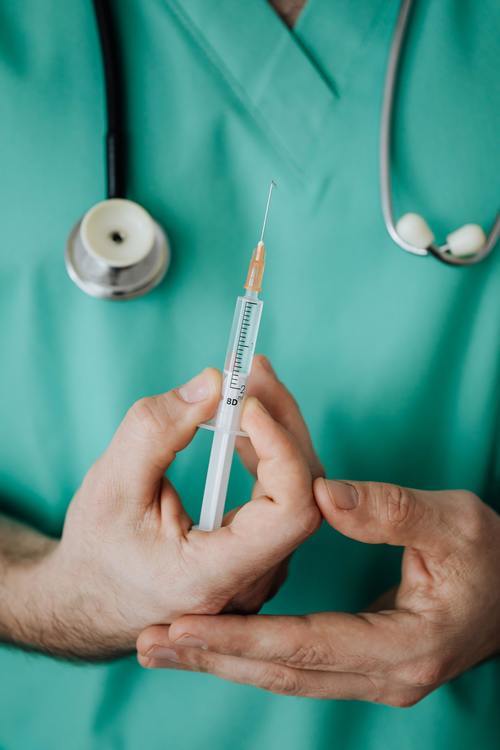
How Do Vaccines Work?
A vaccine is a medication that is administered to help protect the individual from contracting a disease. The vaccine works by helping the body’s immune system to recognise the relevant pathogens so that it can fight against them. The vaccine is created from some of the molecules of the relevant pathogen, this will help the body to start the required immune response.
The molecules are referred to as antigens and all bacteria and viruses have them. The immune system will produce antibodies to fight against the illness and it trains the body to remember them in the future. If the illness comes back, the immune system should take an aggressive stance against it and prevent it from growing into an illness.
Herd immunity
If a vaccine is administered to a lot of people, then this helps to protect people who haven’t had the vaccine. The virus does not spread as so many people are protected. It means that there is the potential for the virus to die out completely. This is known as ‘herd immunity’, and there are instances where an illness has been eliminated completely as a result.
By amber
- 28, Oct, 2022
- 0 Comments